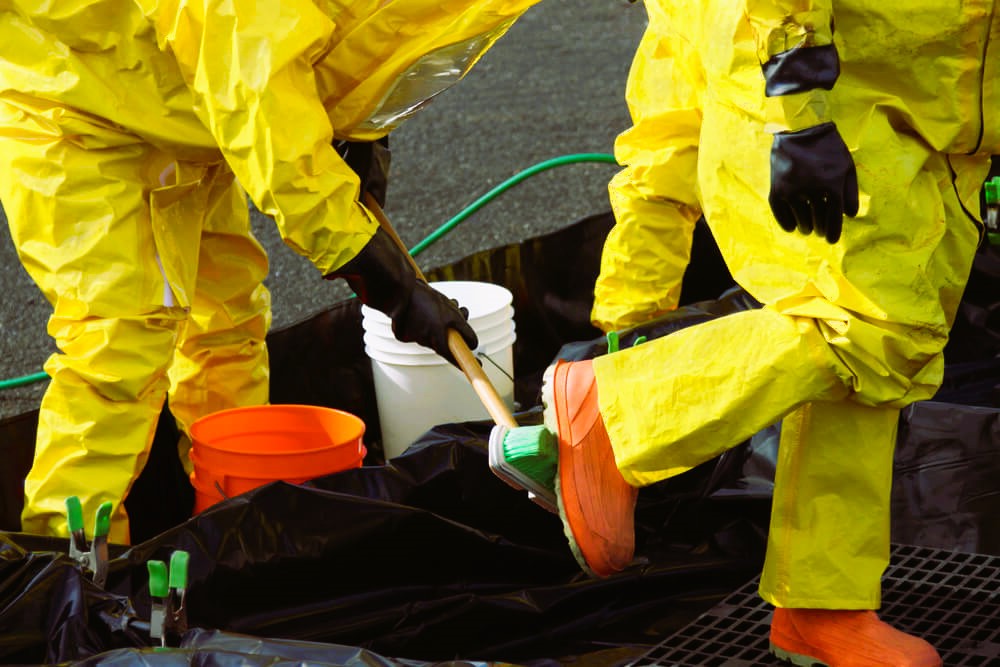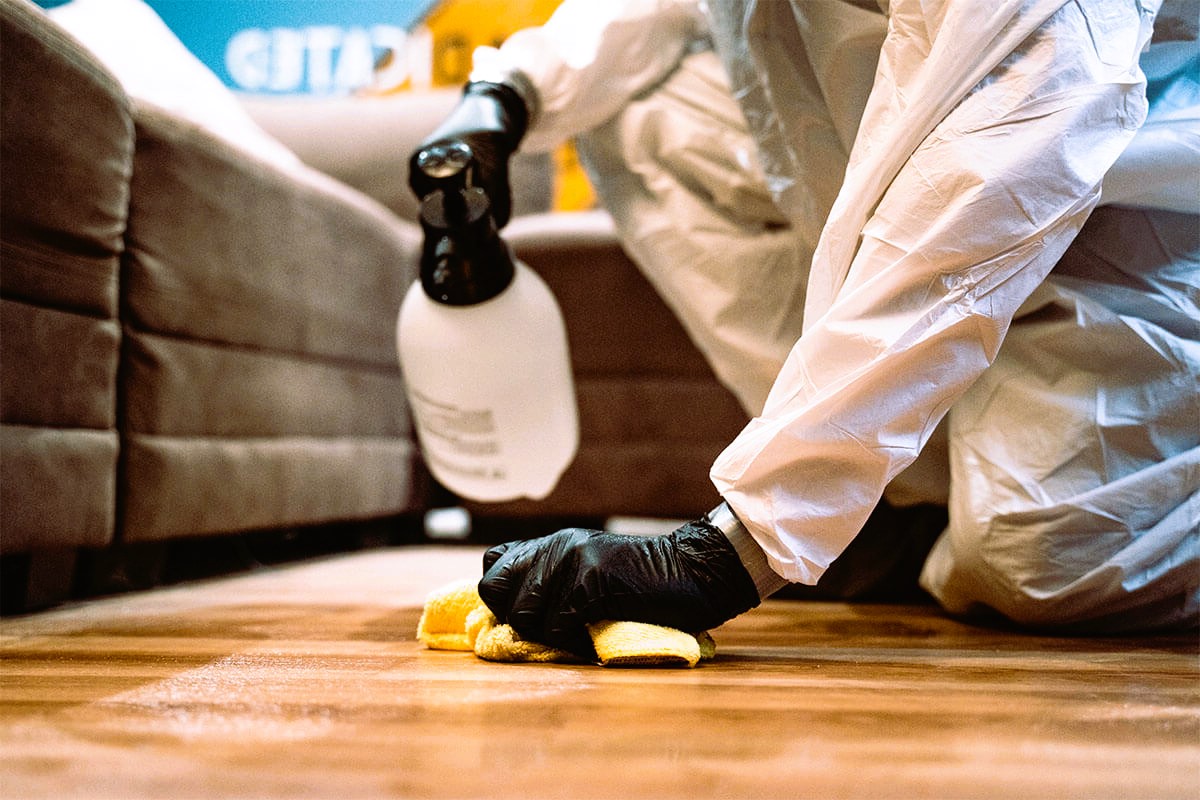Blood scene cleanup is a specialized and challenging field that requires a high level of expertise and professionalism. Whether dealing with crime scenes, accidents, or biohazard situations, the individuals tasked with blood scene cleanup play a critical role in restoring affected areas to a safe and sanitary condition. In this article, we explore the importance of training and certification for blood scene cleanup professionals and provide insights into what to look for when seeking these services.
The Gravity of Blood Scene Cleanup
Blood scene cleanup is not only a physically demanding job but also one that involves potential exposure to biohazardous materials, including bloodborne pathogens. The aftermath of traumatic events or accidents requires thorough and meticulous cleaning to eliminate health risks and restore the affected space. Professional blood scene cleanup goes beyond standard cleaning practices and requires specialized knowledge in handling biohazardous materials, disinfection procedures, and compliance with safety regulations.
Training and Certification: A Necessity
- Bloodborne Pathogen Training: Professionals involved in blood scene cleanup must undergo comprehensive training on bloodborne pathogens. This training equips them with knowledge about potential risks associated with exposure to blood and other bodily fluids. Understanding how to handle, clean, and dispose of biohazardous materials is crucial to ensuring both their safety and the safety of those who will inhabit the space afterward.
- OSHA Compliance: Compliance with Occupational Safety and Health Administration (OSHA) standards is non-negotiable in the field of blood scene cleanup. Professionals must be well-versed in OSHA regulations pertaining to biohazardous waste disposal, personal protective equipment (PPE) usage, and overall workplace safety. Certification programs that incorporate OSHA guidelines ensure that cleanup is conducted in a manner that prioritizes the health and well-being of the professionals involved.
- Crime Scene Cleanup Training: Blood scene cleanup often involves crime scenes, and professionals must be trained to handle the unique challenges associated with such environments. This includes an understanding of legal and ethical considerations, evidence preservation, and collaboration with law enforcement agencies. Training in crime scene cleanup ensures that professionals approach their work with the necessary sensitivity and adherence to legal procedures.
- Biohazardous Waste Disposal: Proper disposal of biohazardous waste is a critical aspect of blood scene cleanup. Training programs should cover the guidelines and regulations related to the disposal of materials contaminated with blood or other bodily fluids. Certification in biohazardous waste management ensures that cleanup professionals are environmentally responsible and compliant with relevant laws.
- Decontamination Techniques: Effective decontamination is at the core of blood scene cleanup. Professionals must be trained in the proper use of disinfectants, cleaning agents, and specialized equipment to ensure thorough decontamination of affected areas. Certification programs that include hands-on training in decontamination techniques provide practical skills that are essential in the field.
Choosing Certified Professionals

When seeking blood scene cleanup services, it’s imperative to choose professionals who hold certifications from reputable organizations. The following considerations can guide the selection process:
- IICRC Certification: The Institute of Inspection, Cleaning and Restoration Certification (IICRC) is a widely recognized organization that sets industry standards for cleaning and restoration services, including blood scene cleanup. Professionals with IICRC certification demonstrate a commitment to excellence and adherence to established best practices. Understanding airborne transmission of COVID-19 is described in more detail at the link.
- Biohazard Cleaning Certification: Look for professionals who hold specific certifications in biohazard cleaning. These certifications may be issued by organizations that specialize in training for hazardous materials handling and cleanup.
- Experience and Reputation: Consider the experience and reputation of the cleanup professionals or the company they represent. Established professionals with a track record of successful blood scene cleanups are more likely to deliver thorough and reliable services.
- Adherence to Local Regulations: Ensure that the professionals are well-versed in and compliant with local regulations governing blood scene cleanup. Different regions may have specific requirements, and certified professionals should be knowledgeable about and adhere to these standards.
For comprehensive information on blood scene cleanup standards and guidelines, refer to reputable sources such as Wikipedia.
Blood scene cleanup is a specialized and sensitive field that demands a high level of expertise, training, and certification. When faced with the aftermath of traumatic events, it is crucial to enlist the services of professionals who prioritize safety, legality, and thorough decontamination. By understanding the necessary training and certifications, individuals can make informed decisions when selecting blood scene cleanup professionals, ensuring that the cleanup process is carried out with the highest standards of professionalism and compliance.


